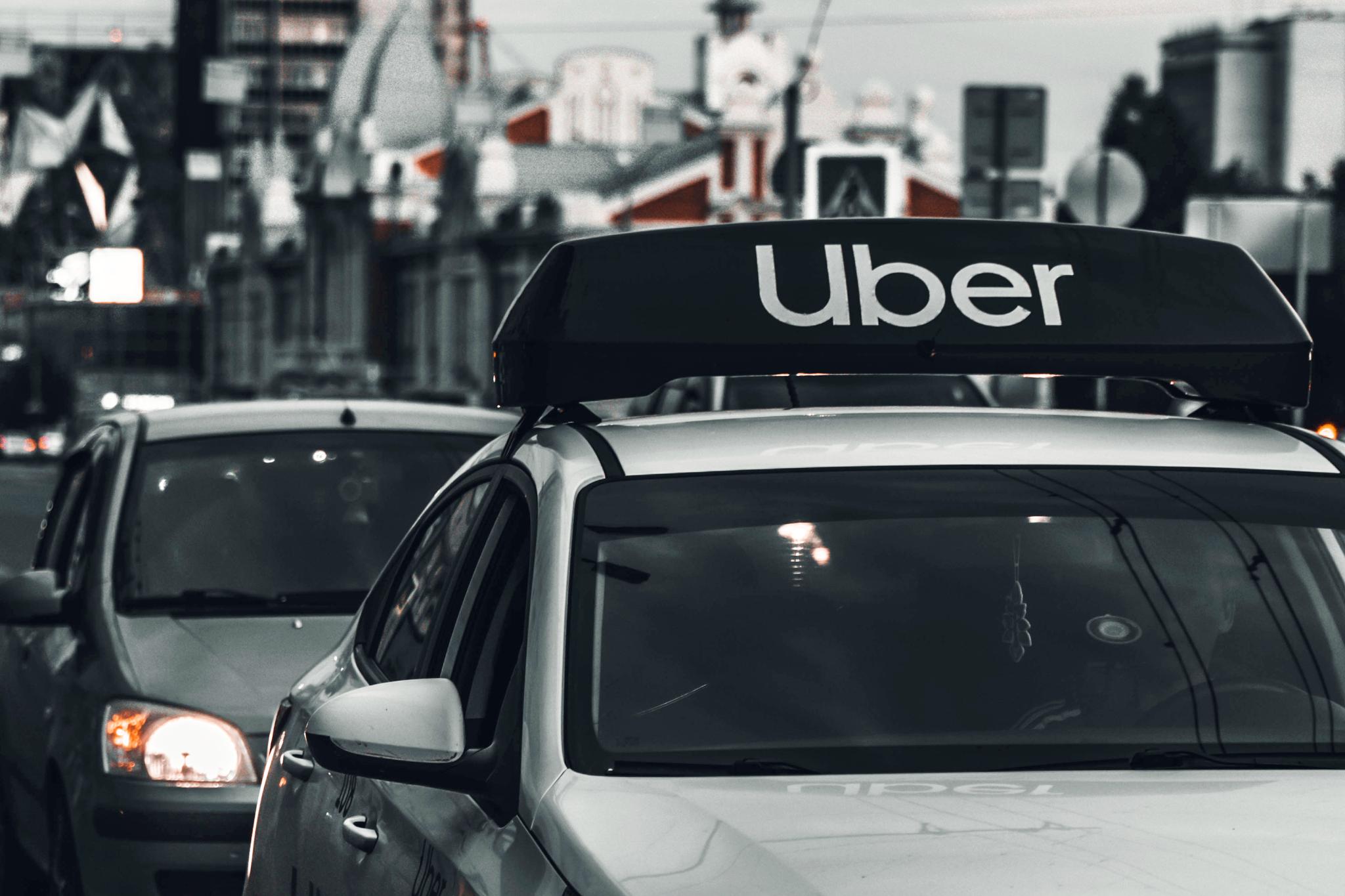Uber Threatens European Pullout Over Driver Classification
The EU is poised to pass legislation that would classify Uber drivers as employees, rather than contracted workers.

Sign up for smart news, insights, and analysis on the biggest financial stories of the day.
The EU is turning into a bummer ride for Uber.
The bloc is poised to pass legislation that would classify Uber drivers as employees, rather than contracted workers. It’s a classification that Uber has fought strenuously against in many domestic and international arenas, with some successes and some failures, and the fight is far from over.
Tough on Gigs
The EU is voting this week on the Platform Work Directive, a new packet of legislation with the stated ambition of improving “working conditions and social rights of people working in the gig economy.” The directive as it stands lays out seven criteria for determining whether someone who’s working for a digital labor platform is an employee. If three out of the seven criteria are met then — boom, you’re an employee entitled to such trifles as minimum wage pay, sick leave, and a pension.
Pushing back against the directive is Anabel Díaz, Uber’s head of mobility in Europe:
- Díaz told the Financial Times if the bill is passed in its current form it would mean Uber would pull out of “hundreds” of European cities, and that prices would spike by as much as 40%.
- “In order to manage the costs of employment, Uber would be forced to consolidate hours across fewer workers,” she added, saying consumers would suffer longer wait times.
It’s hard to know whether Uber’s bluffing on this one, especially since it seems to have weathered similar laws coming into force in individual countries. Germany, Spain, and the Netherlands have passed laws dubbing Uber drivers as contractors. New Zealand also classified Uber drivers as employees in October last year, and in 2021 the UK designated them as “workers”, meaning although they don’t get full employee status they do get some benefits like sick leave.











